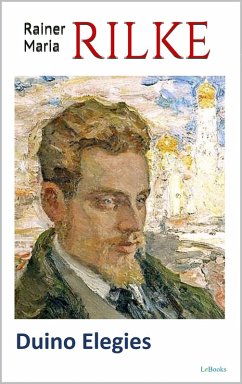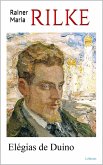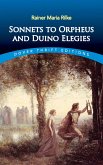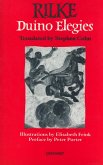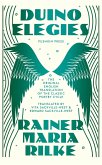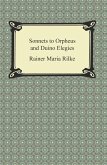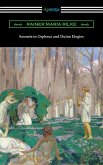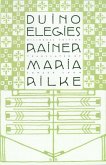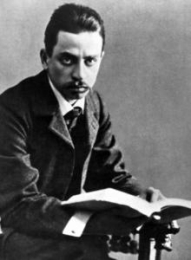Duino Elegyby Rainer Maria Rilke, part of the larger collection Duino Elegies, is a profound exploration of human existence, suffering, and the quest for meaning in an uncertain world. Written during a period of personal and societal turmoil, Rilke meditates on the fragility of life, the limitations of human perception, and the desire for transcendence. In this elegy, Rilke invokes the voices of angels to contrast the human experience, emphasizing the overwhelming and often inaccessible nature of higher truths and divine understanding. The text is rich with themes of existential questioning and poetic imagery, reflecting Rilke's internal struggles and his confrontation with the isolation that accompanies human consciousness. The First Elegy particularly grapples with the inevitability of suffering and death, while also exploring the tension between earthly life and the longing for a higher, spiritual existence. Through vivid and often melancholic language, Rilke portrays humanity as caught in a tragic and beautiful dance with fate, aware of its mortality yet yearning for a deeper connection to the infinite. Since its publication, Duino Elegies has been celebrated for its deep philosophical insights and its intricate, lyrical beauty. The work continues to resonate with readers and scholars alike for its timeless reflections on the human condition, making it a cornerstone of modern existential and mystical poetry. The First Elegy, with its emotional intensity and intellectual depth, remains one of the most discussed and revered pieces in Rilke's poetic oeuvre.
Dieser Download kann aus rechtlichen Gründen nur mit Rechnungsadresse in A, B, BG, CY, CZ, D, DK, EW, E, FIN, F, GR, H, IRL, I, LT, L, LR, M, NL, PL, P, R, S, SLO, SK ausgeliefert werden.

